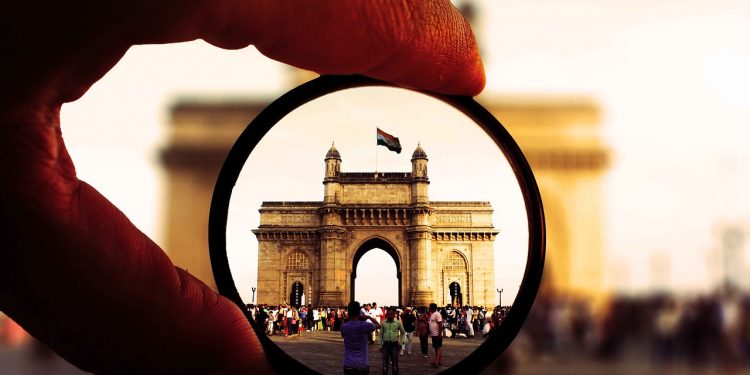India’s Response To The Rohingya Crisis: A Step Taken Backwards

In the Rohingya refugee crisis, India’s deviation from its historic stand on international refugees, which has always been one of offering protection and acceptance, not only risks losing the moral high ground we had enjoyed until now on the world stage, but also lowers the bar for ourselves, in terms of being a humane and just society that protects the vulnerable and prosecuted.
Rohingya Crisis: The Backstory
Rohingya is an ethnic minority group in the western Rakhine state of Myanmar, with a population around 800,000 to 1 million. Their settlement and assimilation into the regional culture started as early as the 15th century. But, the Myanmar government refuses to recognise them as an integral part of the Buddhist-majority nation. In 1982, Myanmar government modified their citizenship law to exclude Rohingyas from their list of national ethnic groups and has consistently followed a discriminatory policy towards them. In the last decade, there has been military persecution and mass genocide leading to refugees flowing into neighbouring countries. The recent conflict began in August 2017, when the military began a violent crackdown on Rohingya Muslims, which is termed by many as ethnic cleansing.
India’s Changed Policy Stance
Though India has not signed the UNHRC’s 1951 Refugee Convention or its 1967 protocol, it has a comparable track record when it comes to offering asylum to people fleeing their home country due to war, internal conflict or natural calamities. It has followed an open door policy in accepting asylum seekers from its South-Asian neighbours. As of 2015, India houses more than 2,00,000 refugees, from Bangladesh, Pakistan, Sri Lanka, Afghanistan, Somalia, etc..
In July 2016, India eased the norms for refugees who are Hindus, Sikhs, Buddhists, Jains, Parsis and Christians from Afghanistan, Pakistan and Bangladesh. But, in August 2017, India ordered the deportation of illegal immigrants from the country. It has also issued directions to the Border Security Force to stem the inflow of Rohingyas.This change in stance shows India in poor light.It is the humanitarian duty of the state to offer protection to victims of war and prosecution.
Responses Of China And Bangladesh
In contrast, Bangladesh has taken a sympathetic stand towards Rohingya Muslims, in pushing for an international response to Myanmar’s religious persecution and the refugees’ conditions. China, on the other hand, has taken the lead in hammering out a repatriation agreement to stop the violence and return the refugees to their homeland. Many western nations have also condemned the military-sponsored violence. Amidst these responses, India’s argument that Rohingyas have links with Pakistan terrorists and ISIS, and offering them asylum would not only threaten national security but also change the demographic and social culture of our nation, is religiously conservative and thus distressing.
Conclusion
The Supreme Court of India, while hearing the petition of two UNHRC certified Rohingya refugees against the government deportation order, has said that the plight of innocent women and children has to be considered and ordered to stay their deportation. Instead of reevaluating its inhumane policy stance, the government has argued that the Supreme Court has the jurisdiction, only to protect the Fundamental Rights of its Citizens, and not aliens( in this case, Rohingya refugees). This clear shift towards a conservative policy of closing our doors to prosecuted individuals who are denied even their right to life, is very paradoxical, given our PM Narendra Modi’s oft-repeated quote is ‘Athithi Devo Bhava’( Guests are like Gods ).




